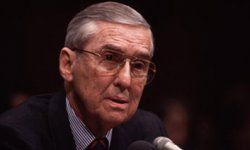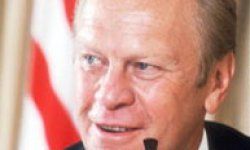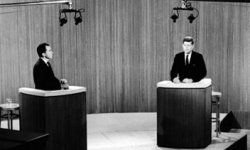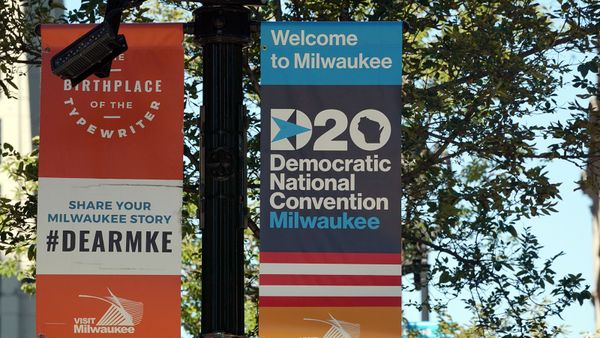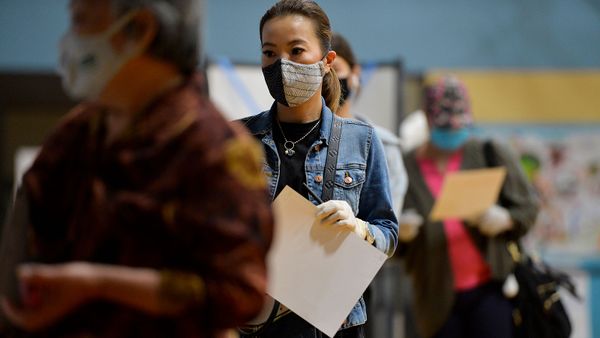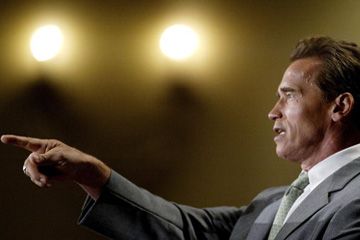Live presidential debates are an intoxicating mix of highly staged political theater and unscripted moments of potentially career-ending hilarity. Incredibly, as entertaining as live debates are, the first face-to-face presidential debate in American history didn't happen until Richard Nixon and John F. Kennedy's famous televised debates in 1960. Before that, the only truly memorable debates were the rhetorical battle royal between Abraham Lincoln and Stephen Douglas for an Illinois senate seat [source: Minow].
Today, we're a country of debate addicts. There were no fewer than 20 televised debates during the Republican primary season of the 2012 elections. But aside from a few awesomely embarrassing moments -- Rick Perry's epic brain freeze topping the list -- most were dreadfully uneventful. To find those truly great debate moments, we had to reach back into the archives.
Advertisement
We begin our list of the five most famous and infamous moments in presidential debate history with a fiery televised exchange that may have single-handedly launched Ronald Reagan into the Oval Office.
